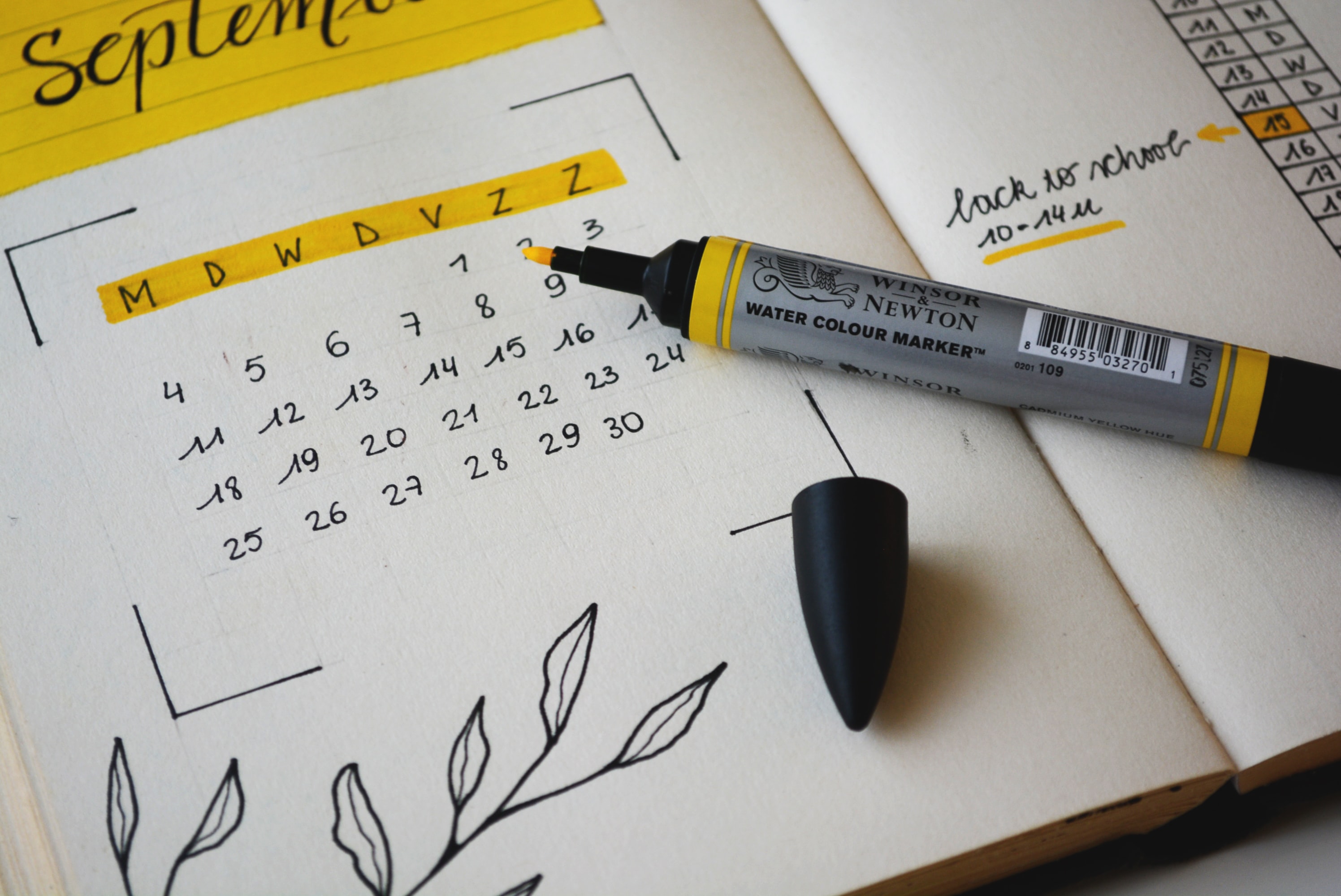Formative coursework feedback is a crucial tool for students to improve their understanding of course materials and develop their skills. It provides valuable insights into areas where students are excelling and areas where they need to improve. Receiving feedback is just the first step, however. To truly make the most of formative coursework feedback, students must take an active approach and use it to inform their future work. In this blog, I will explore six steps students can take to make the most of formative coursework feedback.
- Read and reflect. Always take the time to thoroughly read and understand the feedback provided. Upon reading, try to identify areas where you can improve and areas where you excelled.
- Ask questions. If there is something you do not understand or would like clarification on, don’t hesitate to ask your class teachers or book an office hour slot via the LSE app, Student Hub. It is important to not leave any doubts behind because the same problem will likely come up again.
- Incorporate feedback into your work. Use the feedback you received to inform your future work. What I found really useful is going through the feedback from my previous works before starting a new assignment. That way I can make sure I do not repeat the same mistakes from the start. This is particularly helpful for essay writing, it helps you set up the correct structure and approach from the beginning saving a lot of time.
- Create an action plan. Use the feedback to create a plan of action to address the areas where you need to improve. Make sure to set specific and achievable goals for yourself. An effective and structured plan is the key to success for long-term goals. It is especially useful in the long-term development of skills, such as presentation skills or language skills. It can help ensure steady improvement to your objectives.
- Seek additional support if you need it. If you require additional support in a certain area, don’t be shy to ask for it. You can seek additional help from your academic mentors and your peers, or you can book office hours at LSE LIFE.
- Celebrate your successes. Last and most importantly, do not forget to acknowledge your strength and the things you did right as noted in the feedback. This will help you build confidence and motivate you to continue improving.





